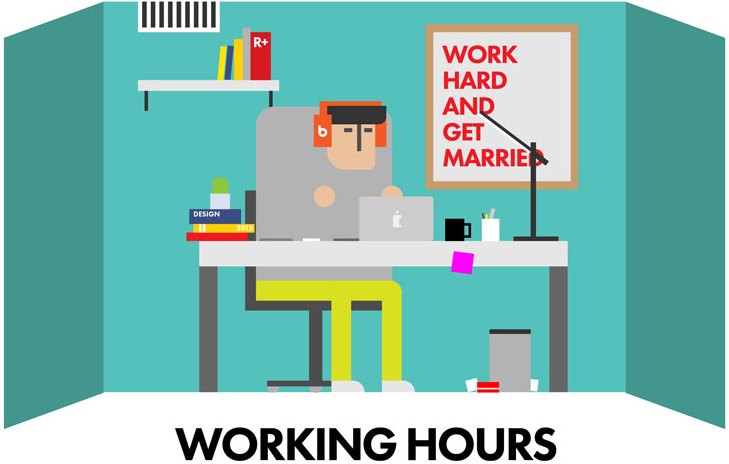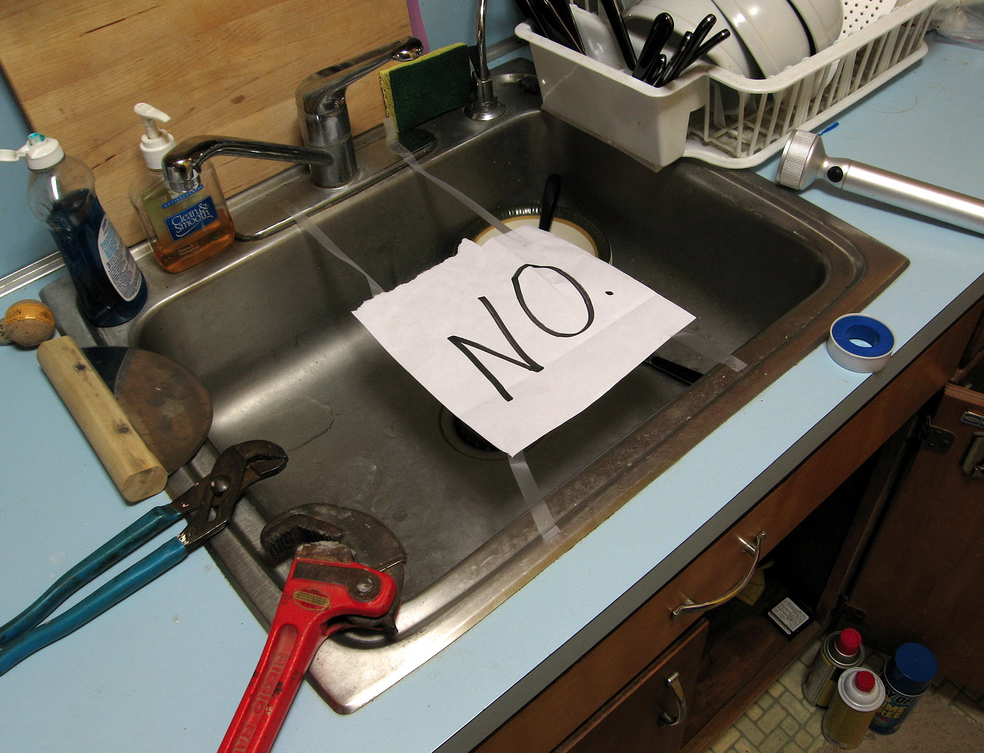I enjoy conversing with random netizens about the topics that interest me — power dynamics, ethics, etc. Unfortunately, seeking out productive discourse is an activity fraught with peril, since every second person online is MAD about whatever issue preoccupies them. (I don’t object to the anger, but I often object to how it’s expressed.)
I’m not an expert at avoiding pointless arguments full of hostility, but I’ve developed some useful heuristics. They started as coping mechanisms inspired by political flamewars on Facebook. I’ll give you the tl;dr first:
Above all else, be kind.

- Assume that people are speaking in good faith until they demonstrate otherwise beyond a reasonable doubt.
- Train yourself to choose the friendliest interpretation of someone’s statement. I’ve found that expecting the best from people has a much better failure state than the alternative.
- Ask lots of questions about what people mean. It’s easy for someone’s comment to be confusing or misleading by accident.
- Reign in your snark; amp up your earnestness.
- Different people have different communication modes.
- On the internet you will bump into many people who don’t share your cultural assumptions — and remember, culture is not just an ethnic thing — or who naturally have different defaults. Keep an eye out for this.
- When someone’s interjection seems socially insensitive or rude, remember that their version of normal may be very different from yours.
- It’s fine to disengage if the conversation is distressing.
- Remember the golden rule of self-care! Like they tell you on the airplane, secure your own oxygen mask before assisting anyone else. Prioritize your mental health and wellbeing — burnout helps no one.
- Being upset is okay. It’s one of the many natural reactions to conflict that humans can experience. Anyone who says “it’s just the internet” or something along those lines is trying to minimize your feelings.
Obviously I am not 100% perfect at any of this — I’m a jerk online way too often — but I’m striving to communicate with people respectfully. Keeping these heuristics in mind helps me do that.
I may or may not update this list if more tips occur to me. Let me know in the comments or on social media (Twitter + Facebook) if you have feedback! Suggested additions are also welcome.
![Dilbert visits the park. Photo by Ol.v!er [H2vPk].](../wp-content/uploads/2015/10/239344224_504f52fa53_z.jpg)

![Dilbert visits the beach. Photo by Ol.v!er [H2vPk].](../wp-content/uploads/2015/11/193903683_cc97f1cb12_z.jpg)






